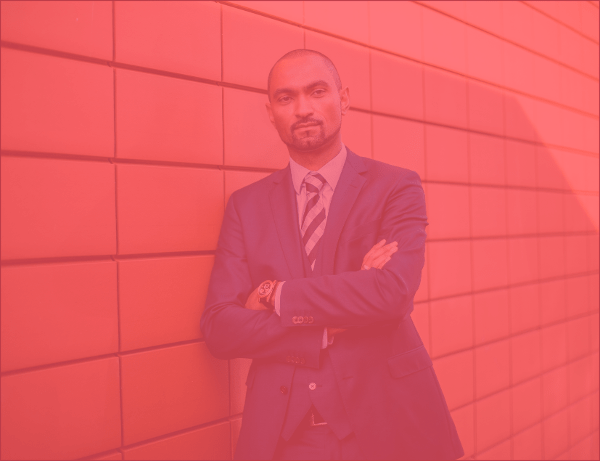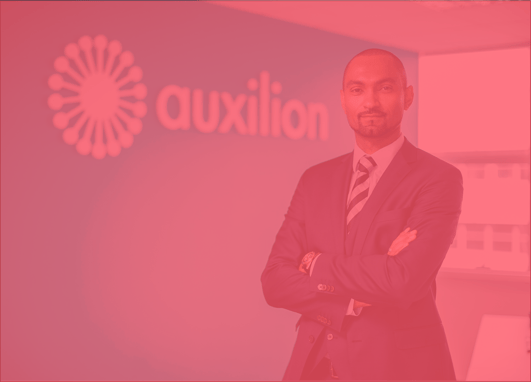Mark Charmant, IT Services Competency Lead
If you would like to read part of 1 of this blog you can do so by following this link
Conceptualising the Future
There are a lot of terms that people use to discuss the future in a broad, vague way- “transformation” being perhaps the main one. However, a real vision for the future must put real substance behind these terms. A partner can offer technologies and expertise but still not add real value to your journey because they won’t be able to manage and support your evolution over time. Real partnership must be underpinned by a mature, standardized management process.
If your business is doing things ad hoc in terms of service management, your progress will stall. For example, some businesses will log tickets inconsistently, without a proper system in place. But as a business evolves, data is critical. The way to get quality data is to maintain consistency around functions like logging tickets. This allows you to gain immediate and consistent insight into your processes, into the challenges that you’re facing or will ultimately face.
Security is another critical issue here. Companies are increasingly facing new, evolved threats around technological security. Robust processes around security are just as important as your technological infrastructure. As a business grows and faces new challenges, a Managed Services partner must support and advise around security processes and be ready to adapt to new challenges.
Many organisations find it difficult to know where to start with these processes. There are some basic, practical things you can do to sequence and standardise the required tasks. A Managed Services provider should be capable of supporting these processes. If they truly understand your business and your journey, they will also be able to identify problems and gaps in your strategy. Often in new partnerships, certain issues may previously have been missed around processes. These gaps must be identified and addressed in the initial phases of a new partnership.
User-Centric Solutions
The central role of technology in people’s personal lives has inevitably influenced the expectations that consumers have of their IT services. The challenge for service providers is to identify and deliver on these expectations by using the best available technologies in the most effective ways. Technologies such as Cloud, AI, automation of services, data analytics, and mobile services can be used to provide innovation service solutions which are
-Flexible and Agile, providing value across multiple access options including self help
-Available any time and anywhere and on multiple devices
-Preventative in nature, more focused on eliminating incidents than resolving them
User-centric solutions should at their core be “Simple & Easy” regardless of the complexity and effort involved in creating, setting up and running the solutions. Most users are more concerned with what technology allows them to do than with the technology itself. User experience and outcomes must be the driving force behind a solution. This in turn should influence the choice of technology and the way in which it’s implemented.
The user and the inherent creativity that they bring to a job are now being recognised as central aspects of the evolution of technology in business. If the right technology is provided and implemented effectively, users will identify ways of harnessing its potential in the most effective way for them. Fuelling creativity and out of the box thinking is a crucial aspect of technological growth. The ability to automate routine tasks and redirect simple decision making to AI will also increasingly create space for creativity and growth.
Conclusion
In conclusion, Managed Services must go beyond a functional relationship into real, sustainable partnerships based on strong foundations and comprehensive understanding of the customer. This is ultimately more important than the technologies being managed. Providers must help their partners identify what they don’t know and help them to predict challenges and issues.
It can be challenging to discuss the future in the early phases of a partnership. It’s essential to put substance behind discussions around the future and to present a coherent and convincing roadmap for a partner’s evolution. Discovery processes should be carried out continuously to identify potential issues. This will help to conceptualise the journey for customers and to make the intangible tangible.
Service providers must be proactive in adopting evolving technologies and changing customer expectations. This will help to drive behavioural and cultural change within organisations and to develop lasting partnerships.
It’s a time of rapid change for technology and for Managed Services. However, providers who are prepared to respond to these changes have a great opportunity to form strong, sustainable partnerships with customers and to broaden the scope of what Managed Services can mean.







